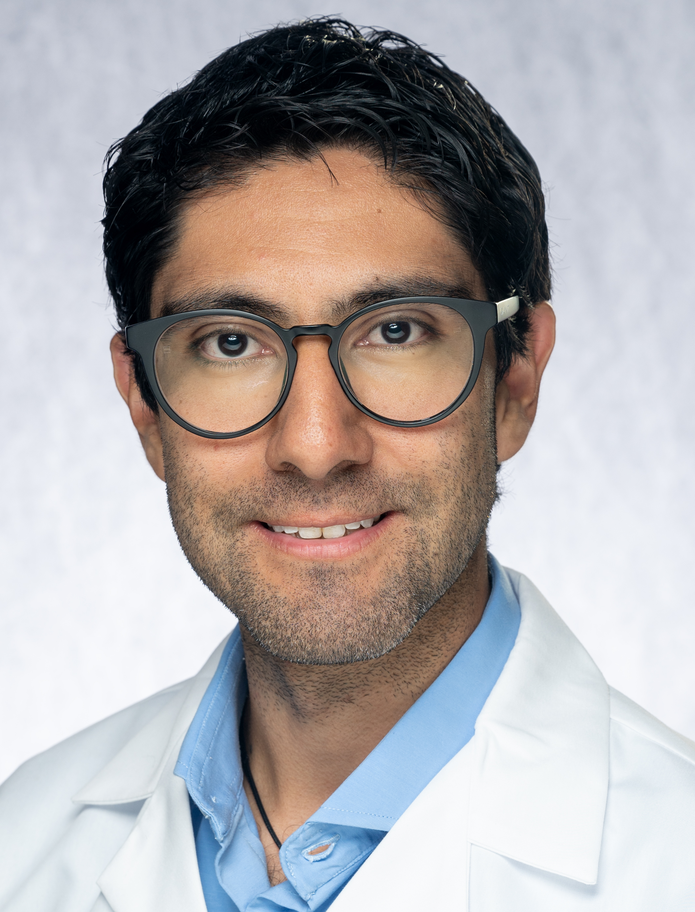
Our division has contribution to a clinical study recently published in Diabetes Technology & Therapeutics : “Inhaled Technosphere Insulin in Children with Diabetes: The INHALE-1 Extension Study.” One of our Division physicians, Dr. Tansey, served as a co-author on this important research. This paper describes an extension phase to the INHALE-1 trial to better examine long-term safety of an inhaled form of insulin. The results from the first 26-week phase of trial were published several months ago. Inhaled insulin demonstrated similar glucose levels to conventional therapy with injected insulin but greater treatment satisfaction. The extension phase of the trial allowed participants the option to continue inhaled insulin for another 26 weeks to further evaluate safety. Even after one year’s treatment, there were no serious pulmonary complications among the participants. There was a small increase in hemoglobin A1c from week 26 to week 52 (from 8.2 to 8.6%). The manuscript abstract is available on Pubmed. The results show the potential safety of inhaled insulin for children with type 1 diabetes. We especially wish to thank the research coordinators, research participants and their families who made this study possible.










